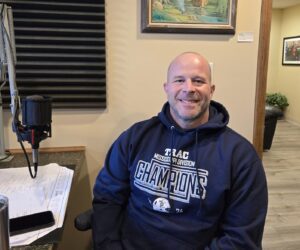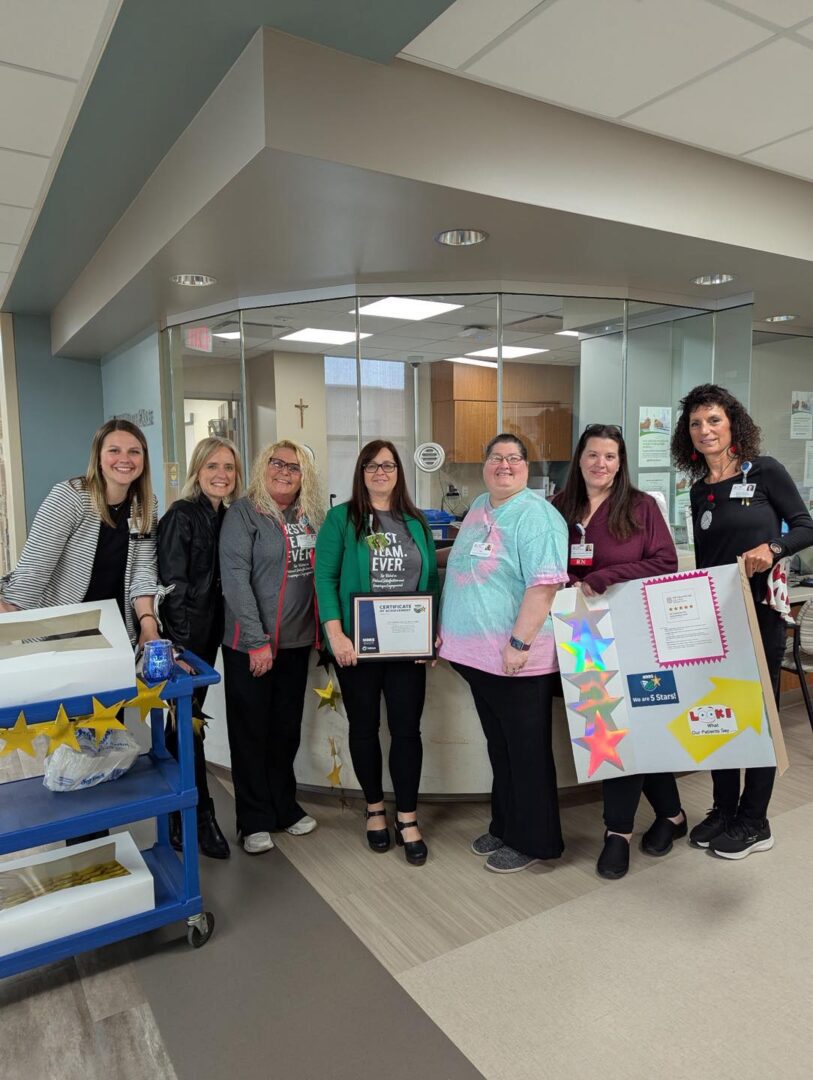It’s not as well-known as Halloween, but National Retirement Security week happens every October – the third week, to be precise — and while it doesn’t involve ghosts and goblins, it does deal with something even more frightening: the risk of not being able to enjoy a comfortable retirement. Through various events, this occasion highlights ideas about building retirement security. What steps can you take?
Here are some suggestions:
• Don’t underestimate your longevity. Consider this: 65-year-old men can expect to live another 20 years, while 65-year-old women can anticipate almost 22 more years, according to the Society of Actuaries. And these figures are just averages, meaning you could well exceed these ages, perhaps by many years. So, in thinking about how much money you’ll need as a retiree, be aware that you could spend two, or even three, decades in retirement.
• Don’t underestimate health care costs. When you retire, some of your expenses — such as transportation, wardrobe and other costs associated with your career — will drop. Others will not and may even increase. Health care is a prime example: Many people assume that Medicare or their Medicare Advantage plan will take care of virtually all their health care costs in retirement, but that’s not the case. Generally speaking, you could plan on spending $4,500 to $6,500 per year on health care costs during retirement, excluding the large expenses connected with long-term care. Your actual costs could be higher or lower, depending on your health, prescription drugs and supplemental insurance coverage, but make sure you plan for sizable health care costs in your projected retirement budget.
• Contribute as much as you can afford to your retirement plans. Try to put in as much as you can afford to your 401(k) or other employer-sponsored retirement plan and try to increase your contributions whenever your salary goes up. You may also be eligible to contribute to a traditional or Roth IRA, which offers tax benefits and a wide variety of investment options. (Contributions to a Roth IRA may be limited based on your income.)
Once you reach retirement, you can still make some moves that could help boost your financial security:
• Maintain an appropriate investment mix. When you retire, you might be tempted to shift most of your portfolio into highly conservative investments to “lock in” gains and avoid being over-exposed to market volatility that could cause short-term losses. Yet, even in retirement, you should still own some growth-oriented investments that can potentially help keep you ahead of inflation. In fact, it’s important to periodically rebalance your investments back to your preferred mix to avoid taking too much or too little risk, so you may want to consult with a financial advisor.
• Identify a suitable withdrawal rate. You don’t want to take out so much from your portfolio each year that you run the risk of outliving your money. So, you’ll want to determine an annual withdrawal rate that can reduce this danger. A common withdrawal rate to start retirement is 4%, but your own rate should be based on several factors: your age, size of portfolio, other sources of income and so on.
It can be challenging to make all the moves necessary to help achieve retirement security — but it’s worth the effort.
***This article was written by Edward Jones for use by your local Edward Jones Financial Advisor. Edward Jones, Member SIPC***















